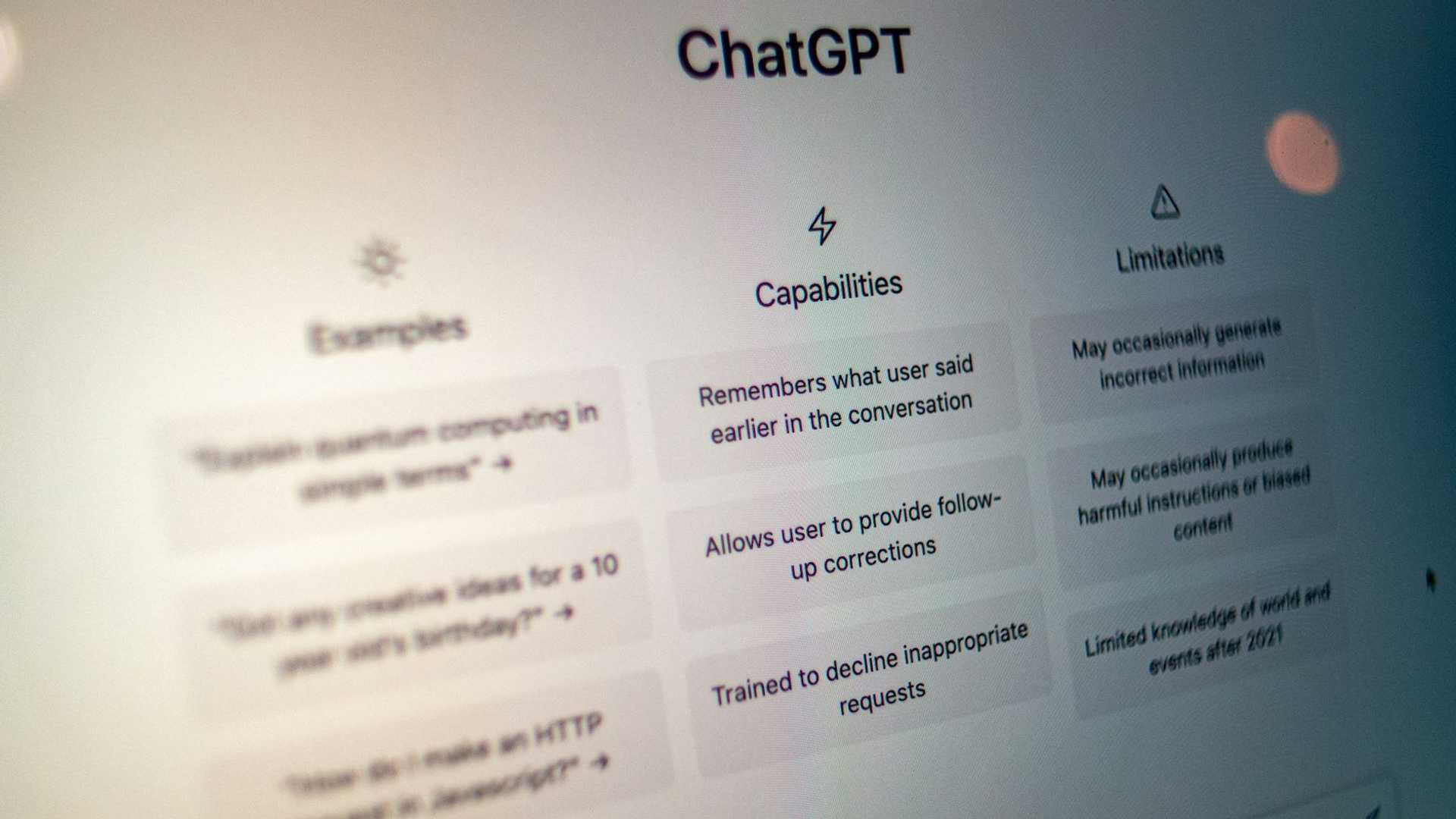Meta's New AI Tech Can Read Your Mind At Work...What Could ...
In a recent study involving 35 volunteers, Meta's AI was able to predict typed characters with 80% accuracy. You’re sitting at your desk, about to send an email or text, and instead of typing, your thoughts are directly translated into words on the screen. What once seemed like science fiction is now a reality, thanks to Meta’s groundbreaking AI technology. This could completely change the way we work, communicate, and understand privacy in the digital age. Meta has pioneered a more subtle and accessible way to tap into your brain’s deepest recesses with non-invasive brainwave-reading technology — no chips or implants required. Through the use of magnetoencephalography (MEG) and electroencephalography (EEG), Meta’s system measures the magnetic and electrical activity of your brain from outside your skull, using a special helmet fitted with sensors.
Advancements in Mind-Reading Technology
In a recent study involving 35 volunteers, Meta’s AI was able to predict typed characters with 80% accuracy. When participants were asked to type sentences, their brain activity was captured and analyzed, allowing the AI to predict the words they were thinking. Notably, MEG outperformed EEG, offering twice as much accuracy. While 80% accuracy may sound like a huge leap, it’s still a far cry from perfection. But it’s the first sign that Meta is getting closer to unlocking the holy grail of digital communication: Thought-to-text, direct from your mind.
Transforming Work and Communication
This innovation has the power to transform how we work, collaborate, and communicate. Gone would be the long hours spent drafting emails, writing reports, or struggling with creative blocks while staring at a blank screen. Instead, work could evolve into a seamless stream of thoughts, effortlessly converted into text in real-time. The effect on productivity could be profound, particularly in fields that demand creativity, technical writing, or complex decision-making. For employees in knowledge-intensive roles, such as writers, programmers, or researchers, AI-driven thought-to-text could drastically shorten the time needed for basic tasks. Rather than spending hours typing out a document, the AI could simply transcribe the user’s mental commands as they think them, bypassing the traditional bottleneck of manual writing. This could allow for a more fluid, intuitive creative process, enabling workers to get their ideas down faster and more efficiently.
Challenges and Concerns
In terms of collaboration, this technology promises to drastically alter group dynamics. Meetings could evolve into a completely new form of interaction where ideas are exchanged not through spoken words, but directly through thoughts. No more endless brainstorming sessions or long PowerPoint presentations. Instead, groups could sit in a room (or a virtual space) and share complex ideas instantaneously, without any barriers in communication. The pace of innovation could accelerate, as creative blocks are bypassed by instant, AI-assisted thought translation.
Privacy and Ethical Considerations
As exciting as the possibilities are, Meta’s mind-reading technology raises deeply concerning privacy questions. Right now, the system can predict thoughts with 80% accuracy — good, but not perfect. However, as AI learns and improves, it’s easy to imagine a future where our most personal thoughts could be read with near-total precision. This brings up serious questions about where the line is drawn between personal thought and public knowledge. Meta, like many tech giants, is no stranger to privacy concerns. The company’s history of data scandals has already fueled skepticism about its ability to protect user information.
Implications on Mental Health
While the ability to communicate directly from thoughts may sound enticing, the potential impact on mental health cannot be ignored. Thoughts are not always coherent or tidy; they are messy, fleeting, and often irrational. For many, this technology could prove to be a double-edged sword. If AI can instantly transcribe thoughts, it could inadvertently expose individuals to the kind of vulnerability that comes with having their every fleeting idea analyzed and scrutinized. People may begin to censor their thoughts, fearful of revealing something too personal or dangerous. Moreover, it’s important to remember that thoughts are not always fully under our control. The potential for AI to misinterpret a stray thought or an unprocessed idea could create confusion or stress. For those struggling with mental health issues, this could exacerbate feelings of isolation or discomfort, especially if their thoughts are not understood by the AI in the way they were intended.
Regulation and Accountability
As Meta’s mind-reading AI technology moves from concept to reality, the question of regulation will become increasingly important. How do we protect users from unwanted breaches of privacy? How can we ensure that this technology is used ethically, without exploitation or manipulation? And perhaps most importantly, how can we guarantee that the power to read minds is not misused by powerful entities or governments? These are the big questions that need to be answered before this technology can truly become mainstream. Privacy laws will need to evolve to encompass the unique challenges of mind-reading AI, ensuring that individuals maintain control over their mental data. Ethical guidelines must be established to protect individuals from potential misuse, and transparency will be key in ensuring that companies like Meta are held accountable for how they handle personal thoughts.
The Future of Work and Privacy
Meta’s breakthrough in mind-reading AI is one of the most exciting — yet unsettling — advances in technology we’ve seen in years. As the future of work transforms in response to these innovations, we’ll have to grapple with the implications of AI’s growing ability to access our innermost thoughts. While the productivity and collaboration benefits are clear, the questions of privacy, security, and mental health will demand careful consideration. In the end, the real question may not be whether Meta can read our minds — it’s whether we’re ready to live in a world where our thoughts are no longer just our own.




















